- Real estate
- Promissory notes
- Precious metals
- Cryptocurrency
- Small businesses
- Concert tickets
- Land
However, this is NOT true. You are legally able to invest in all items listed above and more, even if your broker tells you otherwise.
You may find your broker encourages you to invest in certain areas. This is because they have a vested interest in promoting the stocks, bonds, or mutual funds their brokerage may be selling at a given moment.
A true self-directed IRA (traditional or Roth) is the same as a retirement fund. Learning how to self-direct an IRA is crucial. YOU control and get to decide what you invest in, NOT your broker.
Why Is My Broker Giving Inaccurate Information about my Self-directed 401k?
Often, I hear from investors, “Why haven’t I heard of these self-directed IRAs or self-directed 401(k)s before? And why have I always been told that my retirement portfolio needs to be in mutual funds or stocks?”
The answer is quite simple: The large financial institutions that control most retirement accounts in the U.S. don’t make enough money from the self-directed industry or strategy. Instead, they point you in the direction of products that generate sales commissions and excessive fees.
It’s not in your brokerage’s financial interest for you to self-direct. . However, you can move your account to a custodian or trust company that follows YOUR direction.
What are the Restrictions and Self-Directed 401k rules?
Surprisingly, the list of what you cannot invest in is short. Retirement plans simply restricts you from investing in the following:
- Collectibles: such as art, stamps, coins, alcoholic beverages or antiques
- Life insurance
- S-corporation stock
- Any investment that constitutes a prohibited transaction (discussed below)
- Any investment not allowed under federal law (e.g., a marijuana dispensary)
This means you have far more control than you ever imagined over your retirement accounts. You have the potential to get a tax deduction in your business to fund your retirement accounts. You can also invest in retirement accounts in a more creative fashion to build your financial freedom. This is one of the key buckets you should try to build with the profits from your business. That way you are more diversified in your wealth-building process.
Interesting Examples
E Everday, we consult with clients around the country on how to set up their self-directed IRA. Often, we also set up an LLC alongside the self-directed IRA.
The investor can then control an LLC owned by their self-directed IRA and start investing and doing business immediately. If you are looking for a qualified attorney to assist you in this process, please visit KKOS Lawyers.
Recently, I worked with a client buying and selling mobile homes in their Roth IRA. Their LLC (owned by their Roth) contained limited funds, but they started with enough to purchase several mobile homes.
Three years later they have over 8 mobile homes, including several notes from selling mobile home interests. They also increased the equity in their 401k from $40,000 to over $200,000.
For example: Mark Kohler, senior partner at KKS law firm and founder co-founder of Directed IRA, self-directed his own health savings account ( into a livestock operation in Eastern Idaho. He has also directed his Roth IRA into a crypto-mining operation. In addition, he’s kept a rental property in a self-directed account for almost ten years.
I want to make sure I too am implementing the strategies I see my successful clients to build wealth.” – Mark Kohler, Lawyer and Co-founder
How to Avoid Prohibited Transactions in my Self-directed 401K
When self-directing your retirement account, you must be aware of the prohibited transaction rules. This is typically the topic your standard financial advisor will jump on and warn you about, typically to scare you off from self-directing.
Your advisor may also tell you to avoid self-directing because of IRS rules. They may tell you you’ll be audited, or incur penalties, or you’ll lose your retirement account altogether. This is intentionally misleading and incorrect information.
While there are certain rules to follow, investors have been using the self-directing strategy for over 30 years and have made billions of dollars doing it.
The general rules regarding prohibited transactions are in Internal Revenue Code 4975 and the Employee Retirement Income Security Act (ERISA).
These rules DO NOT restrict what investments you may keep in your account. Instead, they restrict with whom your IRA may transact.
In short, the prohibited transaction rules restrict your retirement account from engaging in a transaction with a disqualified person.
What Counts as a Disqualified Person? Disqualified persons include:
- The account owner
- The account owner’s spouse
- The account owner’s children
- The account owner’s parents
- Certain business partners
For example, your retirement account could not buy a rental property that is owned by your father.
The IRA must hold the property strictly for investment. The property may be leased to your cousin, friend, sister, or a random unrelated third party. It CANNOT be leased or used by you, the IRA owner, or the previously mentioned prohibited family members or business partners.
Only after the property has been distributed from the retirement account to the IRA owner may the owner or family members reside at or benefit from the property.
This is because the federal government doesn’t want tax-advantaged accounts being controlled by their owners. They believe account holders could ‘game the system’ if left unchecked and design transactions to avoid or unfairly minimize tax.
Of course, this short article can’t do the topic justice. We advise anyone self-directing an account to speak with a knowledgeable tax advisor or lawyer Avoid getting advice from your IRA custodian or plan administrator, who likely does not have the specialized knowledge needed to offer sound advice.
If the IRS audits you or you make a mistake, you pay the penalties and taxes, not your custodian or administrator This is why it’s so important to work with an expert who carries a license and malpractice insurance. .
If you’re interested in learning all this and more, become a certified tax advisor today!
How to Learn More
The best source for comprehensive information is the 2nd edition of The Self-Directed IRA Handbook, written by Mat Sorensen.
Explore our podcast, which offers over 50 episodes breaking down the topic of self-directing an IRA. We use humor and examples to help you learn and understand this often complex topic.
In short, don’t let anyone tell you that you CAN’T invest your IRA in what you know best. Get the facts, start lowering the costs of management fees, and increase the rate of return in your IRA account.
FAQs
Can Anyone Set Up a Self-Directed 401k?
If you have earned taxable income in the past year, you are eligible to open a self-directed 401k. The three main ways to do so are through contributions, transfers, and profit sharing.
If you’re ready to open your own self-directed account, visit Directed IRA.
What is the Difference Between Self-Directed and Managed 401k?
Managed portfolios are often more expensive to maintain. They come with management fees and administration fees. You may be encouraged by your account manager to invest in certain areas versus others.
What is the Difference Between Self-Directed 401k and a Traditional Roth IRA?
Generally, investments in Roth IRA are limited to the following:
- Certificates of deposit
- Bonds
- Stocks
- Mutual funds
- Exchange traded funds
Investments in a self-directed 401k may be much broader, including:
- Real estate
- Tax deeds
- Property
- Mobile homes
- Land
- Precious metals
- Crypto currency
Can I Move My 401k to a Self-Directed 401k?
Yes, you can move funds from your old 401k into a new, self-directed 401k. You may need to do a rollover to avoid any fee transfers. We advise you to speak to your plan provider to ensure you don’t incur any penalties.










What are the differences? Pros vs Cons?
Self-Directed IRA
Self-Directed IRA LLC
Self-Directed Brokerage Accounts